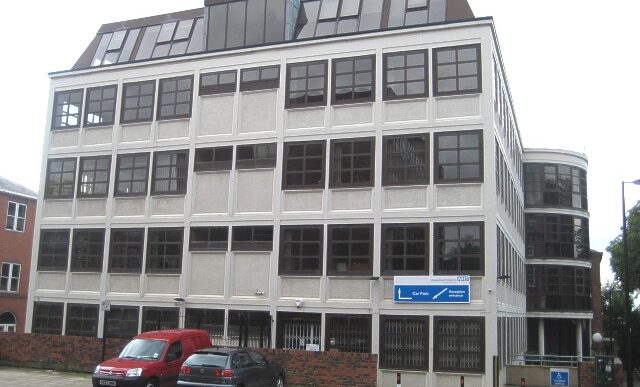£9m NHS funding expands life-saving blood machines, cutting treatment delays for sickle cell patients
Thousands of people living with sickle cell disease in England will soon have quicker, more accessible treatment after the government announced a £9m investment in advanced blood filtering technology.
The funding will enable more NHS trusts to offer apheresis treatment — a specialised therapy that filters out sickled red blood cells and replaces them with healthy donor cells. This process, delivered through Spectra Optia machines, has been shown to reduce complications like iron overload and cut time spent in hospital, offering patients significant relief from the daily burdens of their illness.
Currently, more than 20 NHS trusts provide Spectra Optia services. With the new investment, access to these machines will expand across England, allowing more patients to benefit closer to home. The government estimates that the improvements could save the NHS up to £12.9m annually by reducing hospital stays and the need for additional treatments.
Sickle cell disease, a genetic blood disorder, primarily affects people of African-Caribbean heritage. In England, approximately 17,000 people live with the condition, and around 250 new cases are diagnosed each year. Patients experience painful episodes, fatigue, and organ complications due to the abnormal shape of their red blood cells.
Health and Social Care Secretary Wes Streeting hailed the move as part of the government’s mission to modernise the NHS. “People living with rare conditions like sickle cell disease face immense everyday challenges and often struggle to access specialised care,” he said.
Embed from Getty Images“To make our health service fit for the future, we must harness the power of new technologies. These machines provide a shining example of how our government is driving huge advancements in digital healthcare. Through our plan for change, this government will be the one that removes the barriers to getting the latest and best tech to our NHS frontline, so patients can access the best care available, closer to home.”
Professor Bola Owolabi, director of healthcare inequalities at NHS England, called the investment “great news” for the communities most affected by the condition. “Sickle cell patients have needed new treatment options for decades,” she said. “This funding will provide greater access to life-changing technology, significantly improving patients’ quality of life.”
Owolabi also highlighted England’s leadership in sickle cell care, pointing to the recent approval of a groundbreaking gene-editing therapy that offers the potential for a functional cure. “Alongside this important step, the approval of a new gene-editing therapy for severe sickle cell disease showcases the NHS’s clear commitment to improving outcomes for the 17,000 people living with the condition in England,” she said.
The Sickle Cell Society, which has long campaigned for improved access to care, welcomed the announcement. John James, the charity’s chief executive, said: “We are delighted to see the arrival of this long-overdue funding, which will improve access to vital treatment for people living with sickle cell disorder and their families.”
“This announcement follows years of collaboration between the Sickle Cell Society and the NHS, and we’re pleased that this investment will help make access to care fairer, more consistent, and far less stressful for many individuals.”
The move marks another step in the NHS’s growing effort to integrate advanced technology into patient care, reducing health inequalities and ensuring better outcomes for patients with rare but life-altering conditions.
